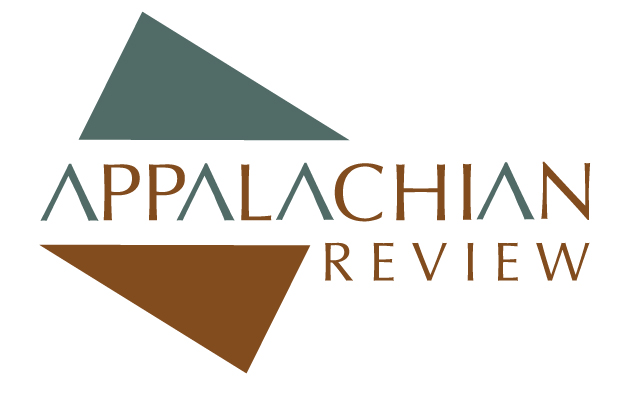Website
Type Of Publisher
Magazine
Genres Published
Essays, Fiction, Poetry, Reviews, Visual Art
Year Established
1973
Address
Berea, Kentucky
Name
Jason Kyle Howard
Title
Editor
Mission Statement / Editorial Focus
In this age of information overload, Appalachian Review strives to be a literary sanctuary for the finest contemporary writing that we can find. Each quarterly issue showcases the work of emerging and established writers throughout Appalachia and beyond, offering readers literature that is thoughtful, innovative, and revelatory. Founded in 1973 as Appalachian Heritage and based at Berea College since 1985, Appalachian Review considers previously unpublished fiction, creative nonfiction, poetry, writing for young adults, craft essays, book reviews, and visual art. In addition to new and emerging writers, contributors to the magazine include finalists for the Pulitzer Prize and National Book Award; winners of the T. S. Eliot Award, the E.B. White Award, an O. Henry Prize, among others; and multiple Pushcart Prize nominees. Works by contributors have been reprinted in New Stories from the South and other notable anthologies. Past contributors to Appalachian Review include Pinckney Benedict, Wendell Berry, Wiley Cash, Nikki Giovanni, bell hooks, Silas House, Fenton Johnson, Barbara Kingsolver, Maurice Manning, Ann Pancake, Jayne Anne Phillips, Ron Rash, Lee Smith, Lyrae Van Clief-Stefanon, Neela Vaswani, Frank X Walker, and Crystal Wilkinson.
Accepts Unsolicited Submissions
Yes

